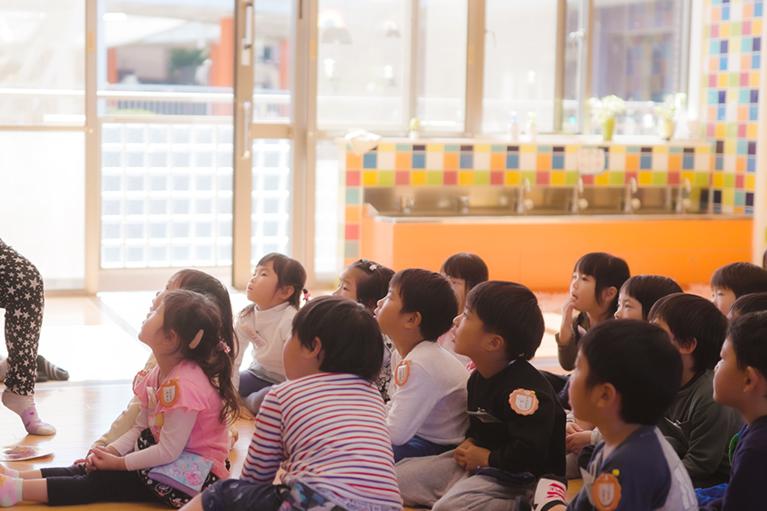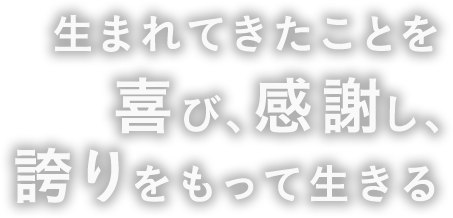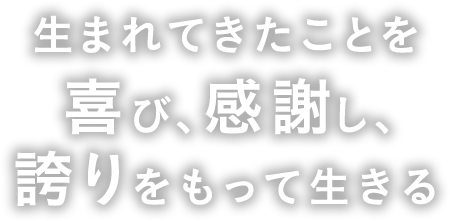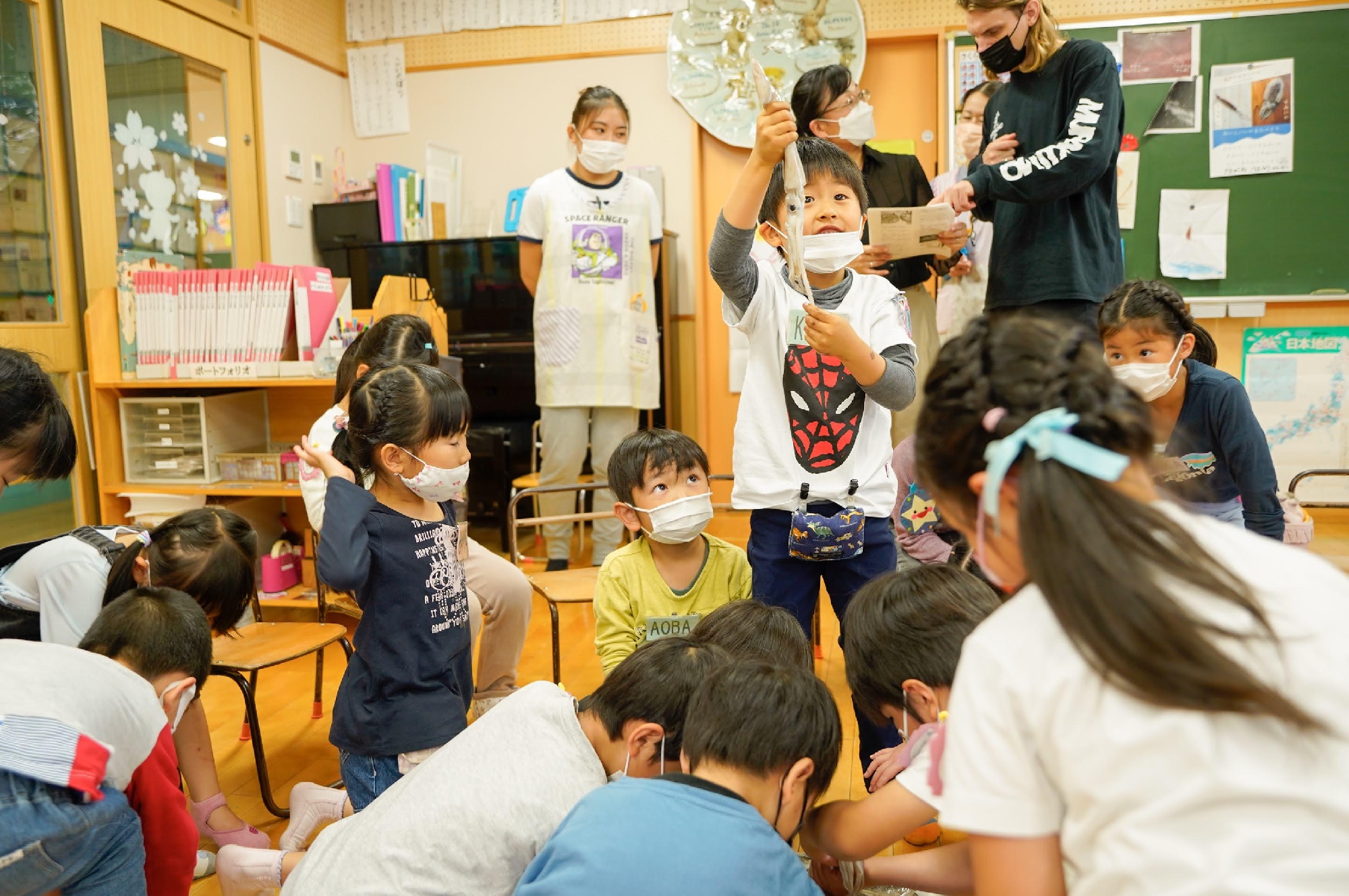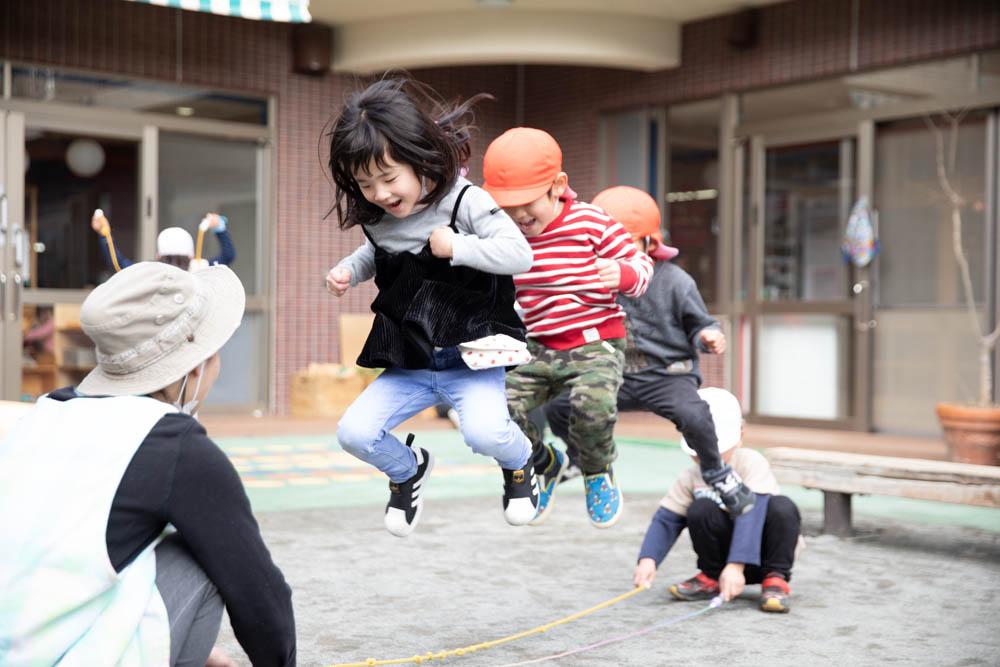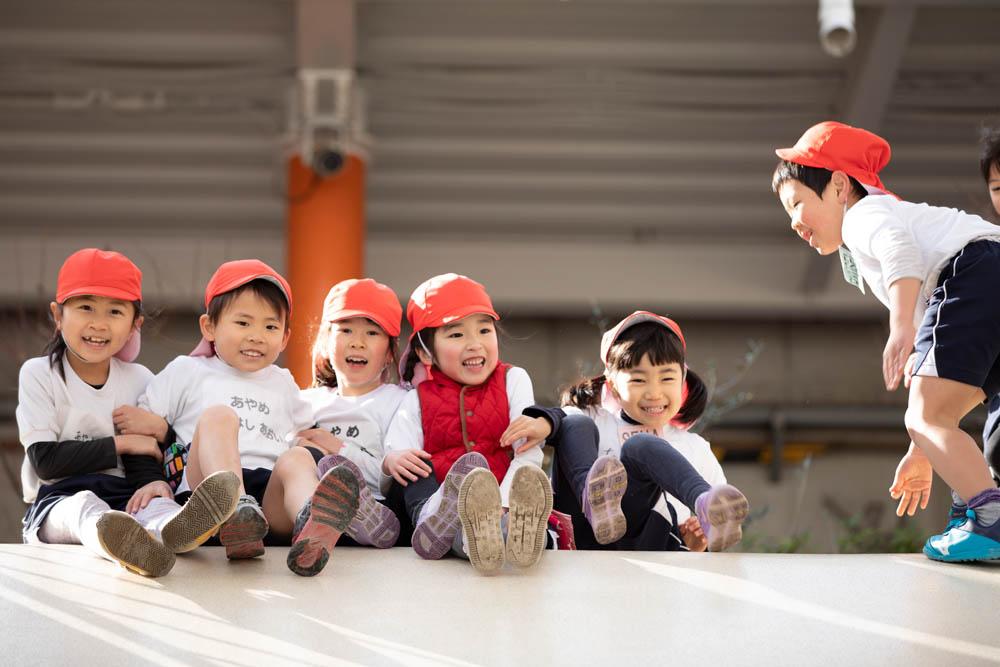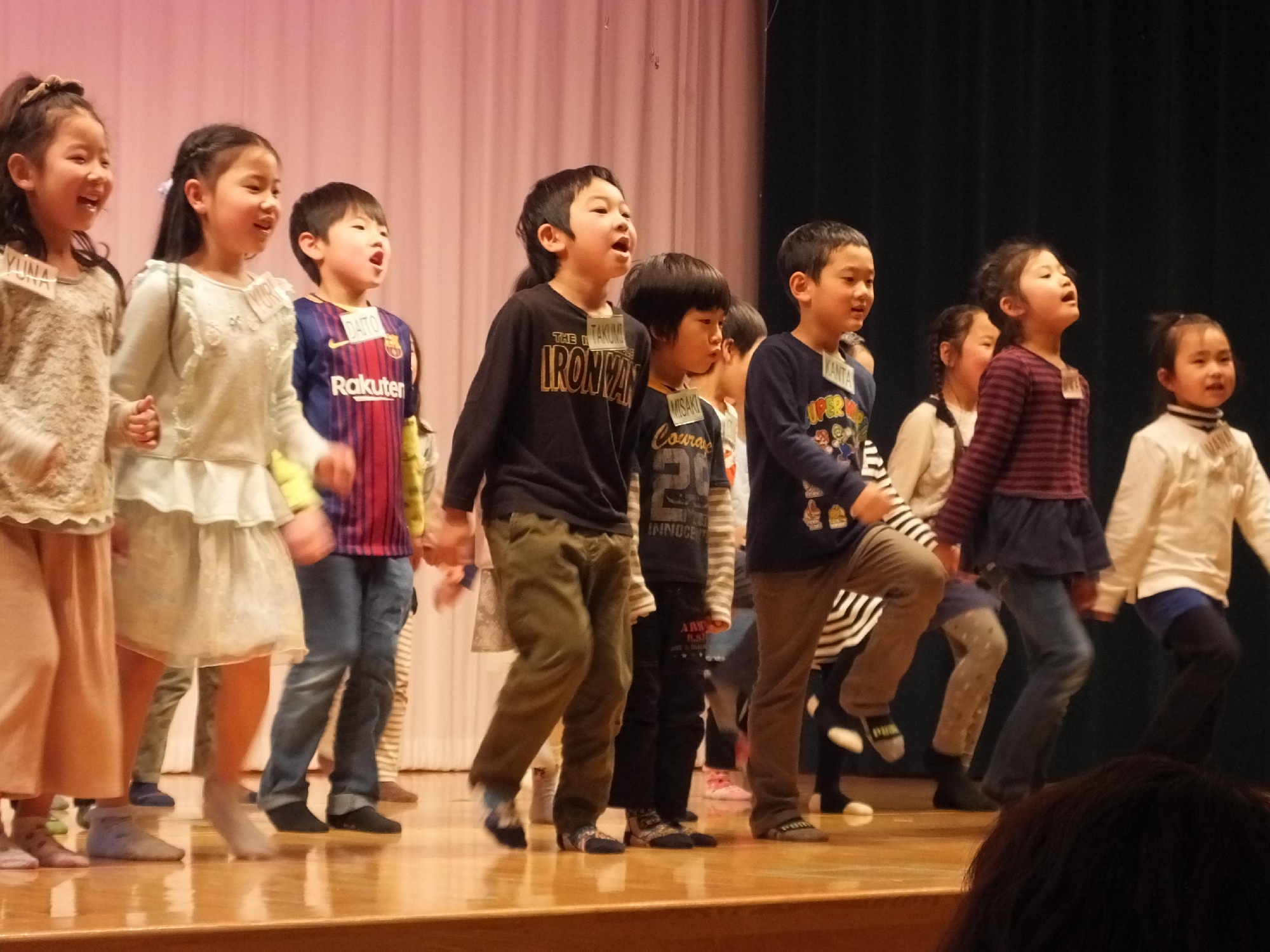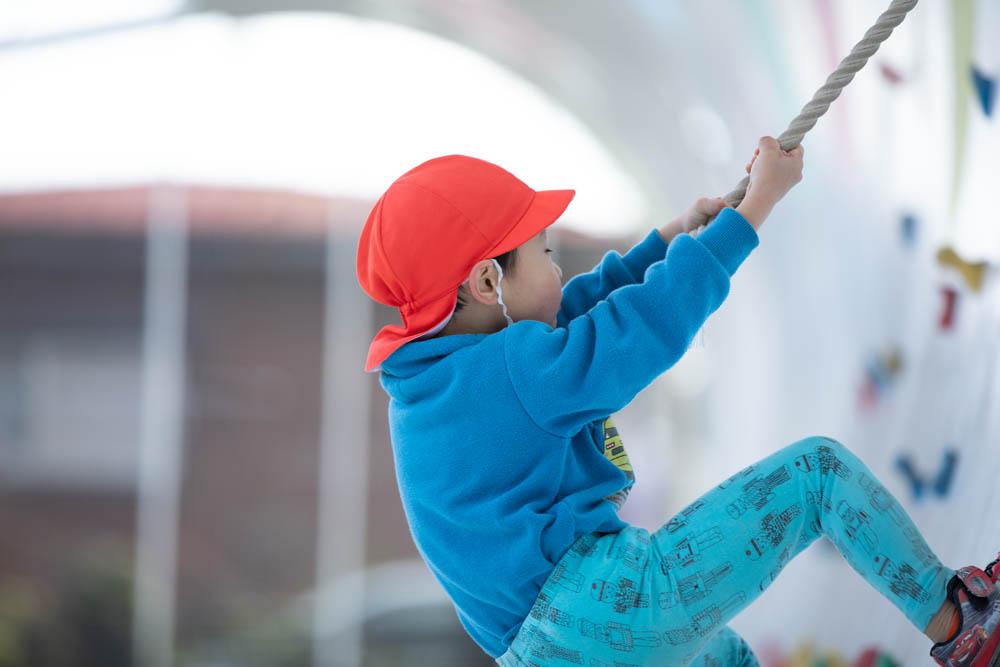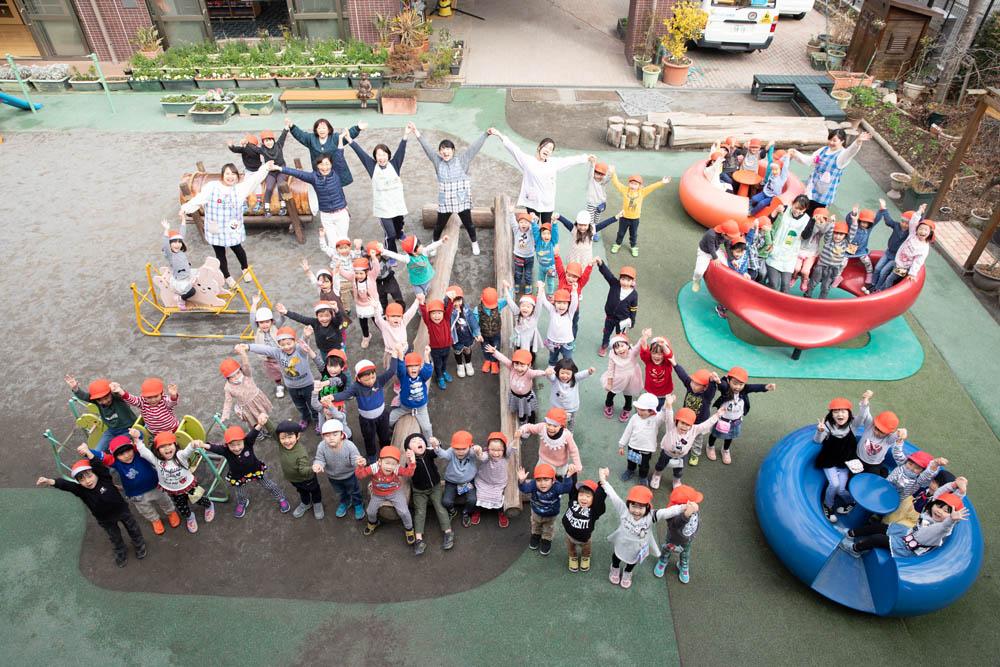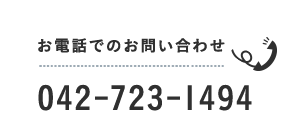- HOME >
- 国際バカロレアとは
国際バカロレアとは About International Baccalaureate
国際バカロレア(IB)とは? What is International Baccalaureate (IB)?
日本のように教育課程を修了することで入学が認められる制度もあれば、高等学校の終わりに「卒業試験」を受験し、その点数をもとに面接などを経て大学に入学する場合など様々ですが、大学のグローバル化が進む中、世界の大学は色々な国から統一した基準で優秀な学生を獲得するための手段として、国際バカロレアのディプロマプログラムの卒業資格を取得することにより、生徒は国内の大学のみならず、海外の有名大学への進学が可能になります。
近年、日本でもこの進学方法を取り入れる大学が増えています。
The objective of this programme was to "provide an internationally acceptable university admissions qualification suitable for the growing mobile population of young people whose parents were part of the world of diplomacy, international and multi-national organizations" by offering standardized courses and assessments for students aged 16 to 19.
In recent years, number of universities in Japan adopting this programmes are increasing.
国際バカロレア(IB)の使命 Mission statement
この目的のため、IBは、学校や政府、国際機関と協力しながら、チャレンジに満ちた国際教育プログラムと厳格な評価の仕組みの開発に取り組んでいます。
IBのプログラムは、世界各地で学ぶ児童生徒に、人がもつ違いを違いとして理解し、自分と異なる考えの人々にもそれぞれの正しさがあり得ると認めることのできる人として、積極的に、そして共感する心をもって生涯にわたって学び続けるよう働きかけています。
The International Baccalaureate® aims to develop inquiring, knowledgeable and caring young people who help to create a better and more peaceful world through intercultural understanding and respect.
To this end the organization works with schools, governments and international organizations to develop challenging programmes of international education and rigorous assessment.
These programmes encourage students across the world to become active, compassionate and lifelong learners who understand that other people, with their differences, can also be right.
IBプログラムについて IB Programmes
平成30年4月1日現在、世界140以上の国・地域、5, 119校において実施。
The International Baccalaureate® (IB) offers a continuum of international education. The programmes encourage both personal and academic achievement, challenging students to excel in their studies and in their personal development.
Countries with 140+, 5119 schools teaching IB programmes & Global Totals (as of 1 Apr 2018)
| PYP (Primary Years Programme) 1,658校(国内:27校) |
3-12歳 ages 3-12 |
|---|
The PYP prepares students to become active, caring, lifelong learners who demonstrate respect for themselves and others and have the capacity to participate in the world around them. It focuses on the development of the whole child. Available in any language.
| MYP (Middle Years Programme) 1,488校(国内:16校) |
11-16歳 ages 11-16 |
|---|
どのような言語でも提供可能。
With great care given to social emotional wellbeing, students are encouraged to become creative, critical and reflective thinkers prepared for further studies. Available in any language.
| DP (Diploma Programme) 3,340校 (国内:38校) |
16-19歳 ages 16-19 |
|---|
原則として、英語、フランス語又はスペイン語で実施。
In preparation for university and beyond, students develop a breadth and depth of knowledge needed to flourish as creative problem-solvers and lifelong independent thinkers. Offered in English, French or Spanish.
| IBCP (Career-related Programme) 180校 (国内:-校) |
16-19歳 ages 16-19 |
|---|
一部科目は、英語、フランス語又はスペイン語で実施。
Fusing academic subjects with professional interests, students engage in a practical, real-world approach to learning combined with two challenging DP courses of their choosing. Some subjects are offered in English, French and Spanish.
IBの学習者像(The IB Learner Profile)
具体的には、IB認定校が価値を置く人間性を、以下10の人物像として表しています。
The aim of all IB programmes is to develop internationally minded people who, recognizing their
common humanity and shared guardianship of the planet, help to create a better and more peaceful world.
The IB learner profile represents 10 attributes valued by IB World Schools. We believe these attributes, and others like them, can help individuals and groups become responsible members of local, national and global communities.
探究する人
Inquires
We nurture our curiosity, developing skills for inquiry and research. We know how to learn independently and with others. We learn with enthusiasm and sustain our love of learning throughout life.
心を開く人
Open-Minded
We critically appreciate our own cultures and personal histories, as well as the values and traditions of others. We seek and evaluate a range of points of view, and we are willing to grow from the experience
知識のある人
Knowledgeable
We develop and use conceptual understanding, exploring knowledge across a range of disciplines. We engage with issues and ideas that have local and global significance.
思いやりのある人
Caring
We show empathy, compassion and respect. We have a commitment to service, and we act to make a positive dierence in the lives of others and in the world around us.
考える人
Thinkers
We use critical and creative thinking skills to analyse and take responsible action on complex problems. We exercise initiative in making reasoned, ethical decisions.
挑戦する人
Risk-Takers
We approach uncertainty with forethought and determination; we work independently and cooperatively to explore new ideas and innovative strategies. We are resourceful and resilient in the face of challenges and change.
コミュニケーションができる人
Communicators
We express ourselves confidently and creatively in more than one language and in many ways. We collaborate effectively, listening carefully to the perspectives of other individuals and groups.
バランスのとれた人
Balanced
We understand the importance of balancing different aspects of our lives—intellectual, physical, and emotional—to achieve well-being for ourselves and others. We recognize our interdependence with other people and with the world in which we live.
信念をもつ人
Principled
We act with integrity and honesty, with a strong sense of fairness and justice, and with respect for the dignity and rights of people everywhere. We take responsibility for our actions and their consequences.
振り返りができる人
Reflective
We thoughtfully consider the world and our own ideas and experience. We work to understand our strengths and weaknesses in order to support our learning and personal development.
IB教育への取り組み Approaches to IB Education
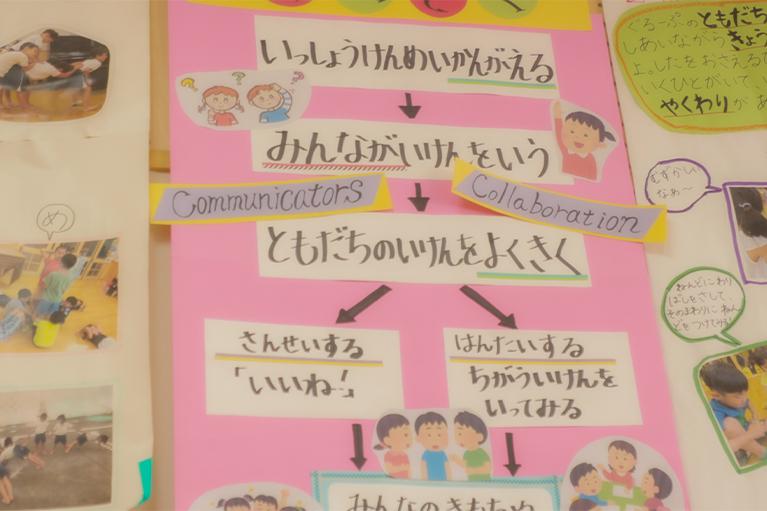
2019年の認定取得をうけ、より一層子ども達主体の学びを設計し、一人一人の成長過程をご家庭と共有し、多様な文化の理解と尊重の精神を通じて、より良い、より平和な世界を築くことに貢献する、探究心、知識、 思いやりに富んだ子ども達の育成を目指しております。
When we think of the future of children of today, education for their future should not only be the current and the past knowledge accumulation and its acquisition, but also need to include obtaining 'thinking skill', and gaining a international-mindedness not only as a Japanese person but as a member of the world, the earth.
Big part of IB mission statement, curriculum framework and educational perspectives are overlapping with our school philosophy, which made us all our teachers and staffs strive as one to work closely together, to achieve the PYP authorisation, with improving the curriculums, training teachers and more.
To improve further with the authorisation, all the teachers and personnel of Machida Kobato Kindergarten will keep IB "Learner Profile" in our mind, to work collaboratively with parents and guardians, through understanding of cultural diversity and spirit of respect, we are aiming to foster international-minded, inquisitive, knowledgeable and caring young people to contribute to create a better and more peaceful world.
国際バカロレア(IB) プライマリーイヤーズプログラム(PYP)とは
About the International Baccalaureate (IB) Primary Years Programme (PYP)
(言語は問わず)PYPのカリキュラムは、国際教育の文脈において不可欠とされる人間の共通性に基づいた以下の6つの教科横断的なテーマ.6教科を学習することをカリキュラム認定の基準としている。
The PYP (Primary Years Programme) is an educational programme managed by the International Baccalaureate (IB) for students aged 3 to 12, PYP prepares students to become active, caring, lifelong learners who demonstrate respect for themselves and others and have the capacity to participate in the world around them. It focuses on the development of the whole child. The curriculum framework is uniquely adaptable to state and national standards, arranged within six "transdisciplinary themes" and the six subject areas. Guided by six transdisciplinary themes of global significance, students deepen their learning by developing their conceptual understandings; strengthening their knowledge and skills across and beyond subject areas.
6つのテーマ
Six transdisciplinary themes
- 私たちは誰なのか
Who we are - 私たちはどのような時代と場所にいるのか
Where we are in place and time - 私たちはどのように自分を表現するか
How we express ourselves - 世界はどのような仕組みになっているのか
How the world works - 私たちは自分たちをどう組織しているのか
How we organize ourselves - この地球を共有するということ
Sharing the planet
6つの学習教科
Six subject areas
- 言語
Language - 社会
Social studies - 算数
Mathematics - 美術
Arts - 理科
Science - 体育(身体・人格・社会性の発達)
Personal, social and physical education
PYP探究活動 Inquiry Activities of PYP
子ども達が心を動かされること不思議だと 思うこと、知りたいと思うことなどをより深い学びにつなげ、得た知識を基に主体的な「行動」 に結びつくこと=生きるための知識となることを重要視しています。
PYPプログラムでは知識の習得はもちろん、学習者像の実現のための具体的な姿勢、教科学習に結びつく部分の多いスキルなども包括的に身に付けられるよう単元(ユニット) を設計します。
これらは新しい教育要領でも重要視されている要素です。幼稚園を卒園し、その先の進路でも必ず生かされる資質・能力であることは間違いありません。
The basis of the IB Education is children initiated Inquiry-based learning. The difference between the investigative learning is that IB learning challenges students to think themselves in accordance with "6 transdisciplinary themes" which worth knowing, and for children to explore ideas of "universal significance".
Deeply connect with things or issues children are moved or touched their heart or wanting to learn, and take it into deeper learning, and apply and lead those knowledge to "action" which will lead to the knowledge/skills to live.
With PYP, units are planned for children not only to acquire knowledge but also to develop overarching skills which relate to learning subjects / curriculum, in order to be well prepared for lifelong learning. And those of the above are an important factor in the new government curriculum guidelines. We believe those attitude and skills will definitely support fully the students in the future.
